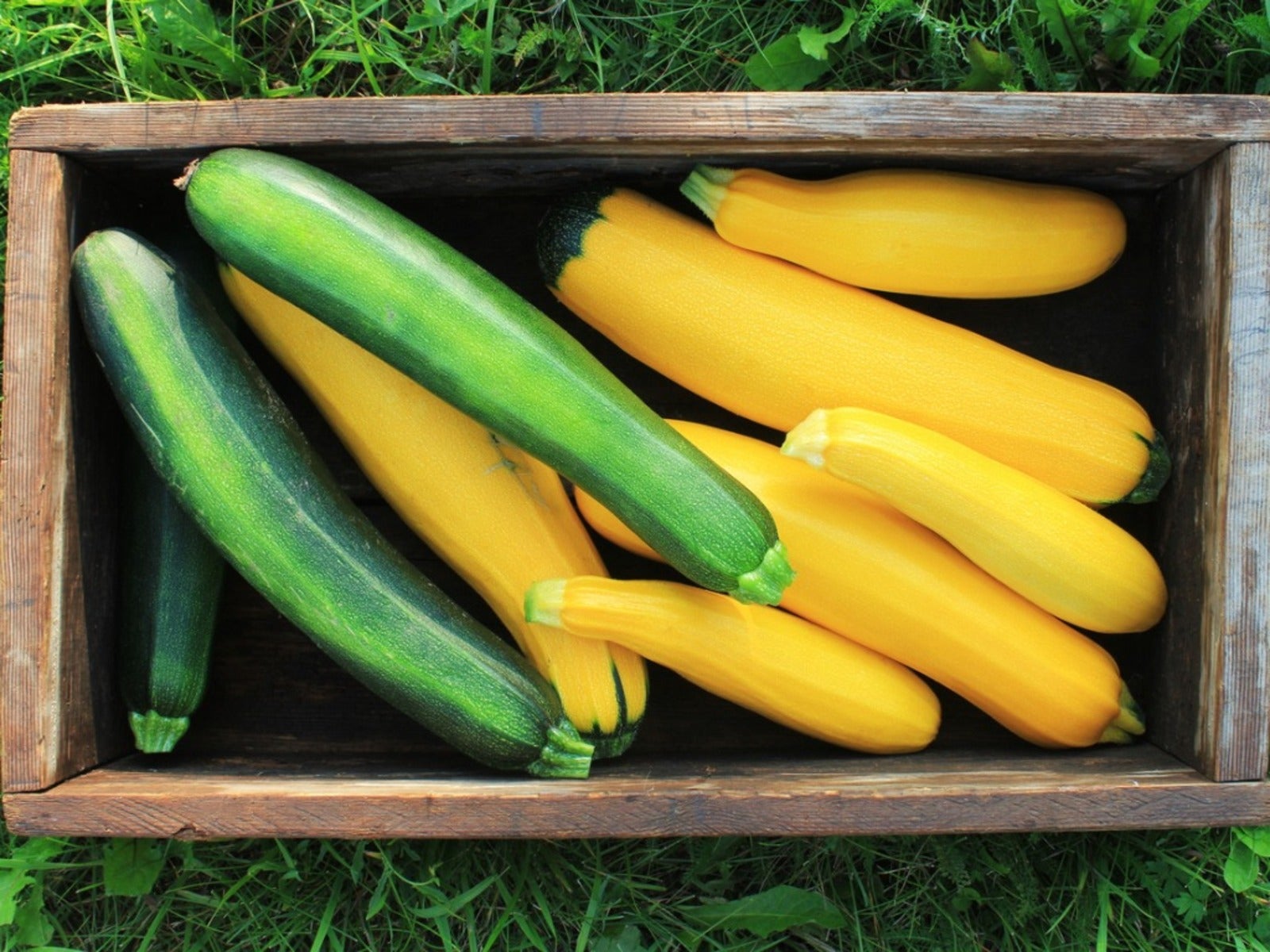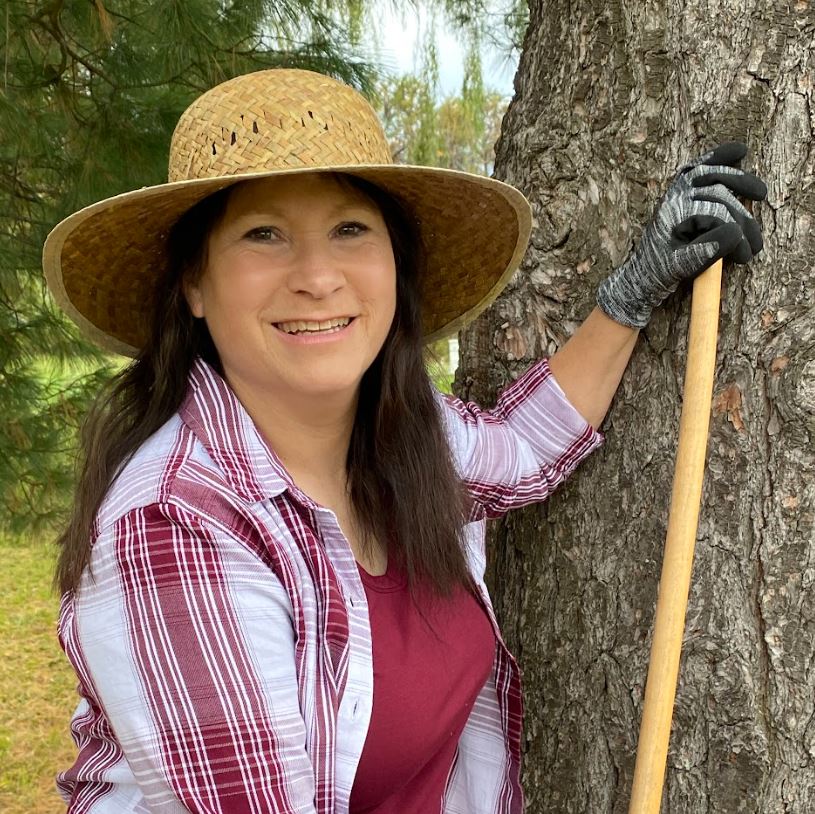Is Zucchini A Squash? Get To Know The Difference


Have you ever wondered if there is a difference between squash vs. zucchini? It's tempting to define zucchini as having the classic cylindrical shape and green skin. Yet, there are varieties of yellow zucchini which look quite similar to straightneck squash. To add to the confusion, some cultivars of summer squash are long and green. Turns out, there is one feature that distinguishes summer squash from most zucchini.
Summer Squash vs. Zucchini: Similarities
Zucchini and most types of summer squash belong to the same species (Cucurbita pepo). In fact, zucchini is technically a type of summer squash. The other main types of summer squash include straightneck, crookneck, and pattypan varieties. These types are marketed with the squash name, as in straightneck squash, crookneck squash, etc.
On the other hand, the term “squash” is not always included when zucchini seeds, plants, or fruit are offered for sale in the United States. This is also true for recipes that call for zucchini. In conversation, most gardeners and cooks also refer to this veggie simply as zucchini.
The word zucchini has its origins from zucchina, which is the Italian word for squash. It's believed Italian immigrants brought zucchini to the U.S. in the 1920s and it seems the name stuck. Coincidentally, zucchini is called courgette in some countries, like England, and baby marrow in others.
Regardless of what it's called, zucchini has the same growing requirements as other types of summer squash. All require full sun and moist, well-draining soil. Most summer squash, including zucchini, have a bushy, short vined growth habit, and produce mature fruit in 40 to 50 days. All types of summer squash have tender skin and edible flowers.
Zucchini vs. Squash: Differences
If zucchini is simply a type of summer squash, why is there a distinction between yellow squash vs. zucchini with yellow skin. Are they the same thing? Turns out, there is a slight difference.
If you lay a yellow straightneck squash next to a yellow zucchini, you will see that the blossom end of the summer squash is more bulbous. Zucchini fruit has an even diameter from blossom end to the stem. This allows summer squash to have more seeds and these seeds will be more developed in the bulbous end as compared to a zucchini of the same size.
Gardening tips, videos, info and more delivered right to your inbox!
Sign up for the Gardening Know How newsletter today and receive a free copy of our e-book "How to Grow Delicious Tomatoes".
As for taste, both summer squash and zucchini have the same mild flavor. So, there you have it. The main difference between straightneck squash and zucchini is the shape. This is true whether you're comparing green squash vs. zucchini or yellow zucchini varieties to straightneck ones.
If you'd like to conduct your own comparative trials between cylindrical-shaped zucchini and straightneck squash, here are a few popular varieties to try in the garden:
Green Zucchini
- Black Beauty – A popular heirloom variety, Black Beauty has greenish black skin and the classic zucchini shape.
- Cocozelle – The white striping on the green fruit makes this Italian heirloom easier to spot in the garden. Cocozelle has a slightly nutty flavor.
Green Summer Squash
- Luciana – It's also easy to spot the gray flecked, light green skin of this hybrid. Luciana has a sweet, buttery flavor with nutty accents.
- Magda – Prized for its delicate flavor, this Mediterranean squash has a blocky shape and light green skin with white flecks.
Yellow Zucchini Varieties
- Burpee Butterstick – Along with the classic cylindrical zucchini shape, this hybrid produces lemon colored fruit that has a nutty, sweet flavor.
- Gold Rush – This high-yielding zucchini has a mild, sweet flavor and a brilliant yellow color.
Yellow Straightneck Squash
- Early Prolific – A popular heirloom variety, Early Prolific bears fruit with bright yellow skin and a buttery flavor.
- Enterprise – Adaptable to hot climates, this hybrid has creamy yellow skin and a savory, mild flavor.

Laura Miller has been gardening all her life. Holding a degree in Biology, Nutrition, and Agriculture, Laura's area of expertise is vegetables, herbs, and all things edible. She lives in Ohio.
-
 Looking For Plants To Give You The Soft And Fuzzies? Try These 5 Fuzzy Leaf Plant Options
Looking For Plants To Give You The Soft And Fuzzies? Try These 5 Fuzzy Leaf Plant OptionsLovers of texture, drama, silver foliage and tactile plants will adore these special sensory garden additions. These fuzzy leaf plant options will leave you all aglow
By Susan Albert
-
 Get Ready For A Summer Of Hummers! Grow These Full Sun Hummingbird Plants and Flowers
Get Ready For A Summer Of Hummers! Grow These Full Sun Hummingbird Plants and FlowersIf you’re lucky enough to enjoy a sunny backyard, make sure you are maxing out on your pollinator opportunities and grow these full sun hummingbird plants and flowers
By Tonya Barnett